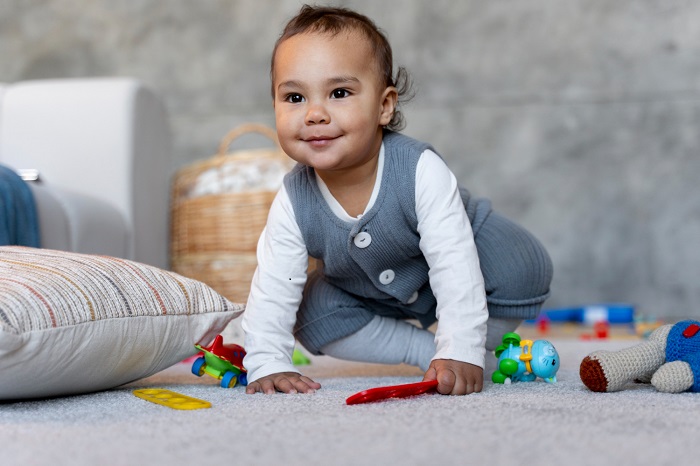As parents and caregivers, we understand the importance of providing children with the tools they need to grow and develop. One of the essential tools for young children is toys for kids. Educational toys for preschoolers play a vital role in supporting the development of young minds.
Preschools use toys as a medium to educate children because they provide a hands-on, interactive way for children to learn and explore. Educational toys teach various skills, such as problem-solving, fine motor skills, and social interactions. They also provide a fun and engaging way for children to learn and can help to hold their attention and interest.
Additionally, toys for kids can promote creativity and imagination, which are essential for children’s development.
Toys for preschoolers are essential because they support the development of various skills in young children. For example, these toys can help with cognitive development, such as problem-solving and critical thinking, and physical development, such as fine and gross motor skills. They can also foster social and emotional development, such as communication and empathy.
Additionally, play is an essential part of a child’s learning and development, and toys for preschoolers provide a way for children to engage in imaginative and creative play. Overall, toys play a vital role in helping preschoolers to learn and grow. Toys let children play with them to have fun.
A child also uses toys to learn about the world and practice different roles and feelings. Toys can also help children understand more significant ideas. Toys have great potential for helping children understand more significant concepts.
Play is an essential part of a child’s development, and toys for preschoolers provide a fun and engaging way for children to learn and grow. Therefore, selecting age-appropriate, safe, and beneficial toys for preschoolers is essential.
The best option is to choose toys that promote cognitive, physical, social, emotional, and language development, imagination and creativity, and physical activities.
In Addition, Toys can Help Develop kids’ Minds in Various Ways
1. Cognitive Development
Toys like puzzles, building blocks, and shape sorters help children develop problem-solving and critical thinking skills. They learn to think logically and make connections between different pieces. Read more about the shape activities for preschoolers.
2. Physical Development
Toys like balls, tricycles, and play kitchens help children develop fine and gross motor skills. They learn to use their hands and fingers to manipulate objects and build coordination and balance.
3. Social and Emotional Development
Toys like dolls, action figures, and dress-up clothes help children develop social and emotional skills. They learn how to take turns, share, and empathize with others.
4. Language Development
Toys like storybooks and word games help children develop language skills. They learn new words and concepts and how to express themselves. Read more about the best way to help your child to learn English.
5. Creativity and Imagination
Toys like art supplies and building sets help children develop creativity and imagination. They learn how to make their creations and express themselves in unique ways.
If you have a Preschool and use Toys as a developmental tool for kids’ development, you need to consider the following before deciding which toy to buy.
6. Safety
Look for toys made from non-toxic materials and free of small parts that could be a choking hazard.
7. Age-appropriate
Choose appropriate toys for the child’s age and developmental stage.
8. Educational Value
Look for toys that can help promote learning and development, such as those that teach counting, matching, and sorting.
9. Open-Ended Play
Select toys that allow for open-ended play, such as blocks, art supplies, and dress-up clothes, which encourage creativity and imagination.
10. Durability
Choose toys made to last and withstand rough play.
11. Encourage Diversity
Choose toys that represent diversity in gender, race, culture, and ability.
12. Consider the Child’s Interest
If you know the child well, try to buy toys that align with their interests and personalities.
It is also a good idea to have a variety of educational toys for preschoolers available to support the development of kids and keep them engaged and interested, such as puzzles, books, and musical instruments.
Toys are objects that children play with for enjoyment. They also use toys to learn about the world and practice different roles and emotions. Additionally, toys can aid children in understanding more complex concepts.
Visit the EuroKids Blogs for more such information.
















